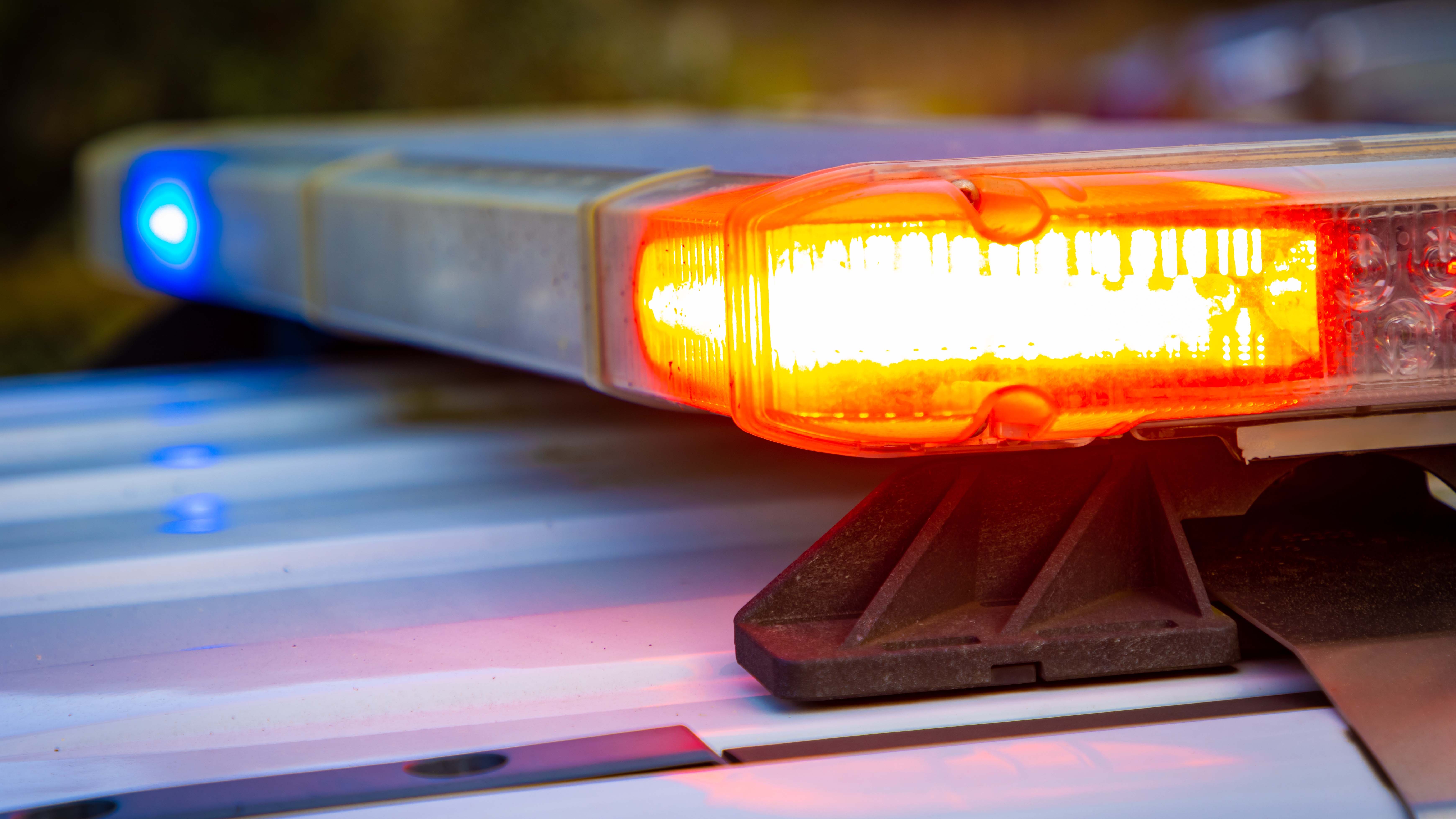In the lead-up to the Cubs’ Monday night home opener, Rep. Mike Quigley pushed for the closure of streets surrounding Wrigley Field as an anti-terrorism measure last week.
Quigley was asked Friday about the city's vulnerability to a terror attack and the congressman pointed to the historic ballpark as a potential target.
"There are those saying we should not close down the streets around these facilities. I think we need to get used to that concept," Quigley said, calling 42,000 people "an attractive target for people who want to hurt us."
He called for more resources and strategies "on how to keep ourselves safe."
Nonetheless, Quigley noted that it was unlikely that streets surrounding the ballpark would be closed on game days.
"They're simply not going to do that, and I understand," Quigley added.
Mayor Rahm Emanuel has opposed the idea to close streets like Clark and Addison for the team’s home games since the idea was first proposed by Cubs business President Crane Kenney at January’s Cubs’ Convention.
Kenney proposed a 100-foot security perimeter around Wrigley Field, which is a Major League Baseball requirement for big league ballparks. Due to the stadium’s neighborhood location, it is tougher to meet those standards.
Local
Ahead of Monday's home opener, the mayor’s office remained confident in the city's plan for the stadium's security.
"Public safety is everyone’s top concern and, as is the case every year, we have been in continuous communication with Cubs in the lead up to opening day," Emanuel spokesman Adam Collins said. "Our discussions have been very productive and we feel confident about our plans for the season."
Emanuel echoed these sentiments during a South Side press conference Monday, noting that he did not want intersections around the stadium to be closed on game days.
"Wrigley Field has to also be a good neighbor to Wrigleyville," Emanuel said. "We can accomplish the goal of having people's security without closing Clark and Addison, and my view about closing Clark and Addison: that's a swing and a miss. Not going to happen."
Emanuel added that the area could remain safe and secure without shutting down those key intersections.
In certain instances, the city has granted the Cubs permission to temporarily close a portion of Sheffield Ave. for concerts game-day activities. Sheffield is a residential street that sees far less traffic than Clark and Addison.
Ald. Tom Tunney, who represents Chicago's 44th Ward that includes Wrigley Field, has also opposed the closure of the stadium’s surrounding streets for over 80 home games.
"We've worked very closely with Homeland Security and FBI and Cubs and their private security and we don't feel it's necessary at this time to be closing the streets off," Tunney said Monday.
"We think they've got the plan in place," Tunney added.
Among new security measures at the stadium, Wrigley Field has added metal detectors at entrances. Fans have been directed to arrive at the stadium early to account for longer lines as a result of the new security measures.



